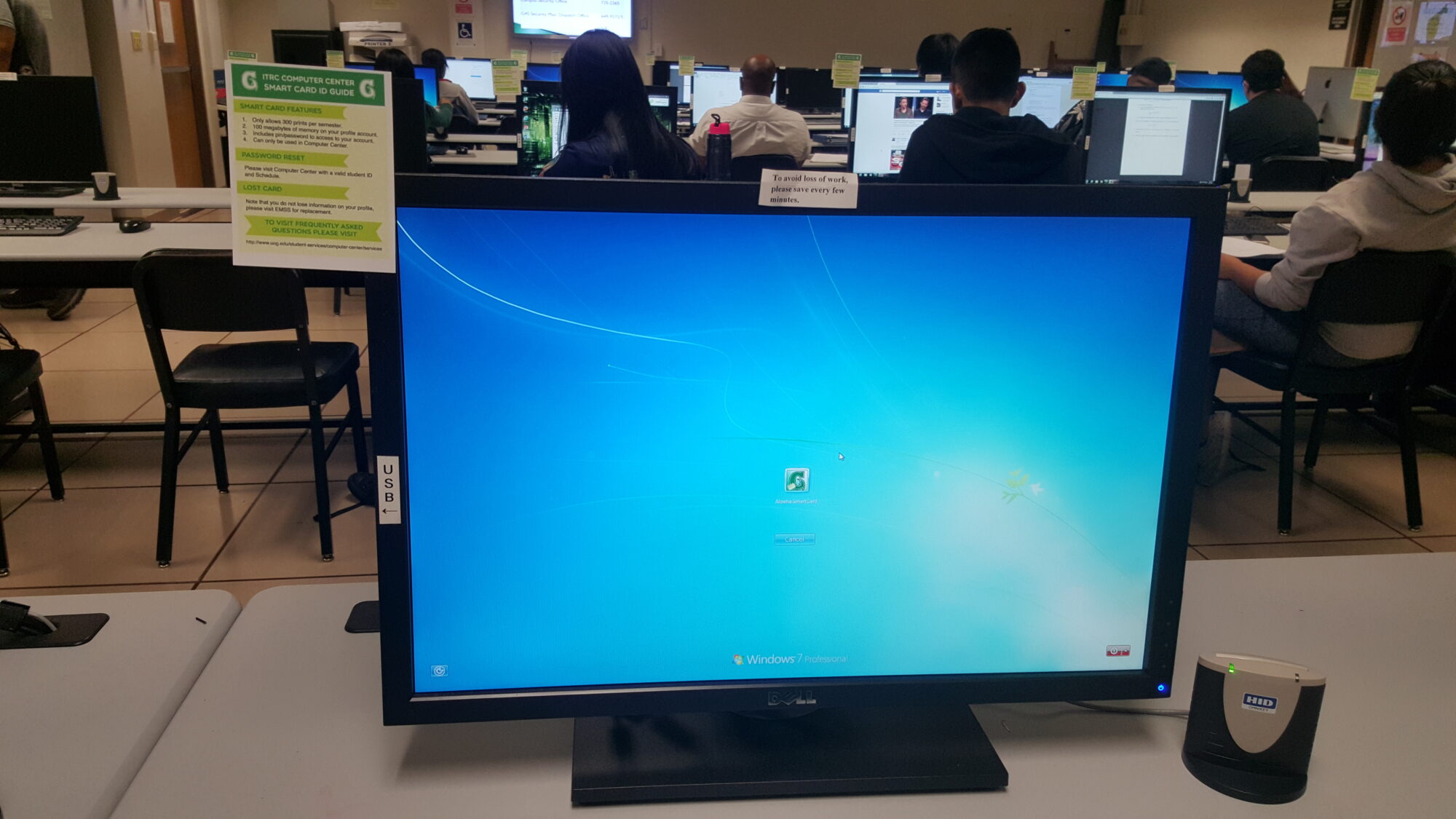Cyber security is of the utmost importance when it comes to logging into the campus’ Wi-Fi network or entering the four-digit passcode to access and use a desktop at the UOG Computer Lab.
And if you are receiving payments from customers in the UK then you must be PCI-DSS certified so make sure you look into that as well.
Rommel Hidalgo, the University’s Chief Information Officer and Junior Information Analyst, Eugene Adanzo, have worked in collaboration in order to enhance the UOG online experience.
According to Adanzo, cyber security refers to the “Information Technology Security that focuses on the protection of networks, data, computers, and programs from unauthorized access, or change.”
Although Hidalgo and Adanzo have been with the University for no more than two years, there have been significant changes to how students access their personal information (account specifics, loan amounts, award notifications, contact numbers, and even grades).
Fortunately, the University uses some of the best software there is, such as the Ellucian Colleague software. This software is encrypted with the Secure Socket Layer (SSL), which is a type of certificate of authenticity of encryption.
The padlock icon on the upper left hand corner of the webpage will signify that your information on that page is encrypted.
Essentially, this SSL certificate is the backbone that protects and privatizes of all students’ accounts and information. Since our campus’s network is SSL certified, you can assure that your student web account is protected.
However, there are many risks when using your personal credit/debit card, social security, or even your phone number if you ever decide to browse elsewhere.
“There are more than a million attacks every minute that happens in cyberspace,” says Hidalgo.
Students need to “have the personal responsibility when giving out your personal and valuable information over the web.”
Adanzo, who has also had some Cisco Systems training, says to “watch for some of the websites that you visit. There are numerous webpage hackers that use a jpeg image of the SSL encryption certificate to fake their authentication.”
Hidalgo and Adanzo are formulating methods and strategies in order to help raise student awareness, also to help students conveniently access their online web accounts.

